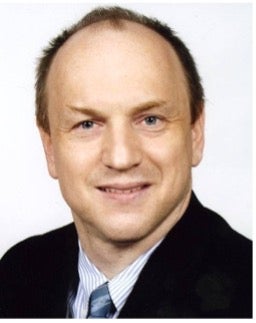Analog and RF circuits have been traditionally designed using continuous-time operation in voltage domain. With the scaling down of transistors and move to the FinFET technology, this is no longer possible without ruining the performance and power consumption. On the other hand, the low supply voltage and sheer switching speed of transistors favor the newly developed time-domain operation where the signal information is contained not in a voltage level but in a time transition timestamp.
This talk will give an overview of such recent advancements in the main areas of a communication channel: 1) frequency synthesizer exploiting all-digital PLLs using digital-to-time converters (DTC) and charge-sharing locking techniques; 2) digital transmitters exploiting switched-mode power-amplifier stage even at mm-wave; 3) discrete-time receivers manipulating the signal as charge packets that undergo extensive charge-sharing for filtering and decimation.


